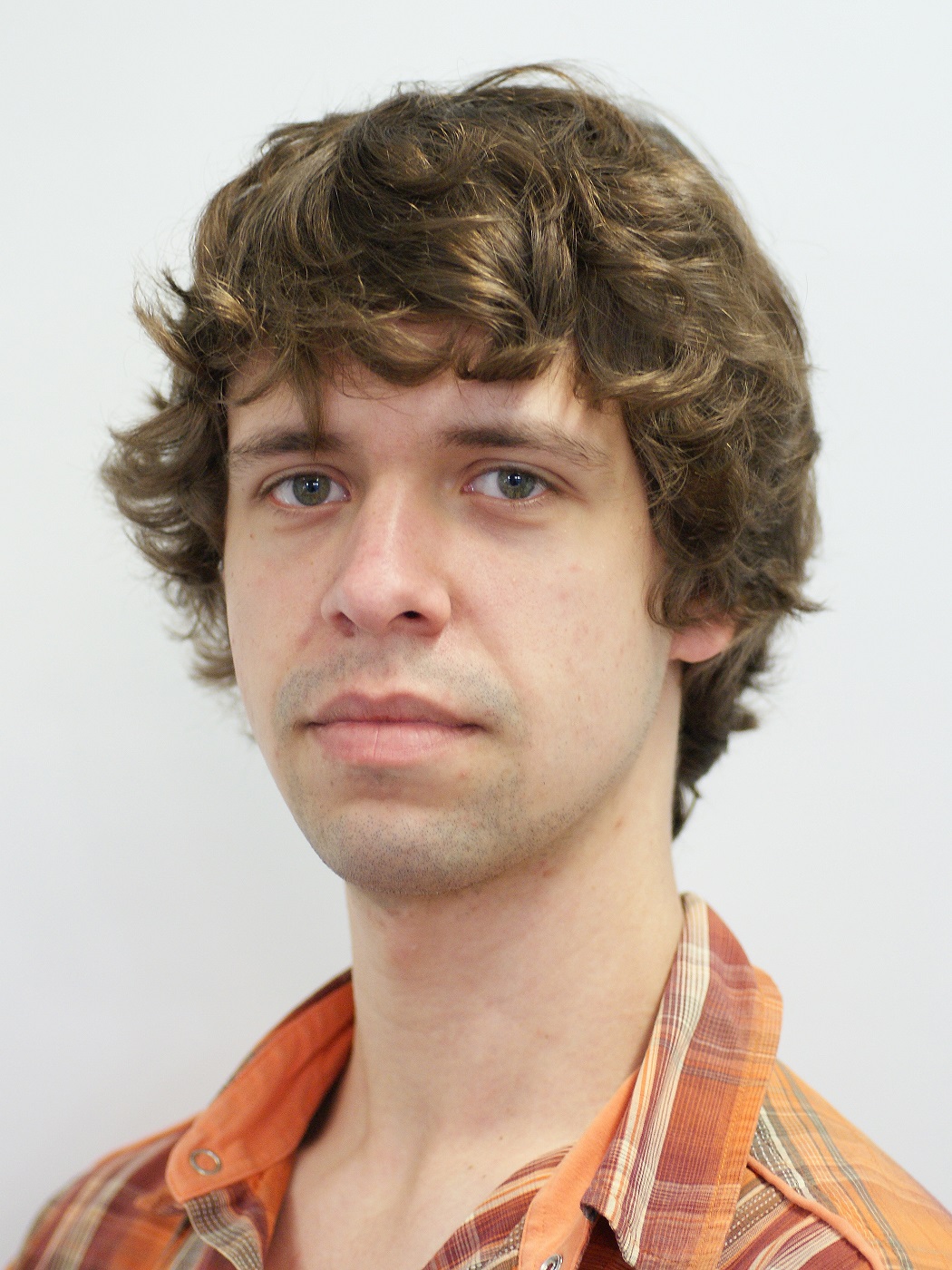Jan Sviták
Jan Sviták
Jan Sviták comes from Jindřichův Hradec and finished his bachelor's degree at the IES in 2013. Then he joined the University of Amsterdam to complete a one-year master's degree in econometrics. He is currently continuing with doctoral studies in economics at the University of Tilburg. Jan works as an econometrician at the Chief Economist Office of The Netherlands Authority for Consumers and Markets (ACM). He had previously worked in the Netherlands, first as a trainee, and later in a research position at the Bureau for Economic Policy Analysis (Centraal Planbureau). He started to gain real working experince in the Czech Republic as a translator at Datel Union or research assistant at zIndex.cz. In his free time, Jan enjoys sports, music and friends.

Honza, you focus on econometrics, did this start to attract you when you were studying at the IES, or vice versa did econometrics attract you to the IES?
I didn’t know anything about econometrics before I started studying at the IES, but I was interested in the quantitative focus of the programme. IES offers a solid basis in statistics and econometrics and the courses triggered my interest. I liked that econometrics is a relatively specialized field while the applications can still vary substantially. In that way it combines the benefits of diving deeper into specific issues with enjoying the variety of contexts in which econometrics is applied. I also love that econometrics offers an opportunity to link the economic theory to real world outcomes and make it thereby more convincing and applicable.
You have your master's degree from Amsterdam, now you are doing a doctorate in Tilburg. Why did you decide for studies in the Netherlands?
I’m not sure if there’s another country where econometrics is as prominent as in the Netherlands. Usually, econometrics is part of the curriculum of economics programmes, but in the Netherlands, most (if not all) universities have whole study programmes dedicated to econometrics. Dutch people often actually know what econometrics is even if their background has nothing to do with it. In my experience, that is not the case in countries. In addition to that, some practical matters played a role. The master programme took only 1 year to finish and was relatively cheap compared to some other countries, so I could afford the study without taking any loans. Furthermore, thanks to the partnership between the University of Amsterdam and the Charles University I didn’t have to sit any GRE exams and got accepted to the programme based on my coursework at the IES.
When it comes to the choice for the doctorate in Tilburg, that is simply a result of utilizing the network I have built up in the Netherlands. That made it possible for me to find supervisors who share my research interests and make arrangements that allow me to work on my PhD while also having a full-time job.
You are currently an econometrician at ACM-The Netherlands Authority for Consumers and Markets. What is your job, what problems do you solve there?
The ACM has multiple tasks. We work on competition enforcement (merger control and prosecution of cartels and abuse of market power), regulation of several markets (e.g. energy, telecom, post or railway), and consumer protection. I am part of the Office of the Chief Economist, and therefore, I advise departments working on all of the above types of cases or take part in an internal review of the decisions and/or reports. The advice can, for example, have a form of a merger simulation or development of an economic theory of harm for a concrete alleged competition law infringement. I also work on research (academic articles or market studies) that can help us improve our understanding of new developments in the markets and make the methodology we use in cases more precise and efficient. Examples of some research I have worked on include studying effects of specific vertical agreements in digital markets on prices, the working of managed competition in health care markets and the effects of the use of pricing algorithms on market outcomes.
How would you evaluate life in the Netherlands, plan a longer stay here, or see your career back in the Czech Republic? Would you have a job in the Czech Republic, what would you imagine?
I think that one of the best things about the Netherlands is the biking culture. It makes commuting to work fast and much more relaxed than travelling in packed public transport in big cities. I also like the work life balance, the diversity of people I come across (the big cities are quite international) and the way most things seem to be quite conveniently arranged. I feel like I don’t need to worry about anything a whole lot. At the moment, I haven’t thought about moving back to the Czech Republic. I hope I would be able to find a job there, but I feel like the personal and work-related reasons would have to align first in order to make the move. In any case, I would like to keep doing econometrics or related quantitative or economic work. When it comes to a type of employer, I don’t really have a preference, but I do appreciate a certain level of freedom in choosing what to work on or how to solve certain problems, which is not a given for many jobs regardless of the country.
What do you do in your free time?
My biggest hobby is definitely music, so I frequently go to concerts and music festivals and have a collection of vinyl records. As (almost) everyone I like to travel, hang out with friends or watch a good movie. I also enjoy craft beer or a good whisky. Lately I have also been trying to get into better shape and stop being a couch potato so I’m doing several different sports (e.g. bouldering, volleyball, football, yoga, squash).







